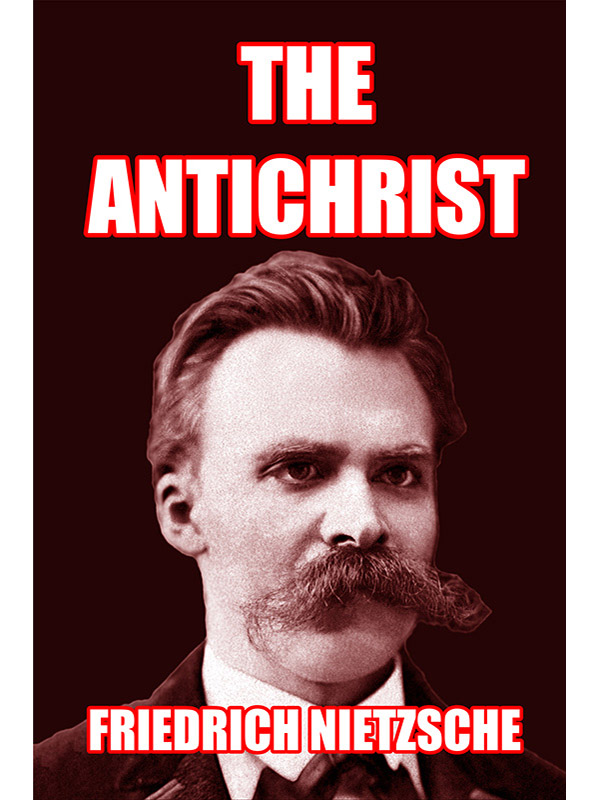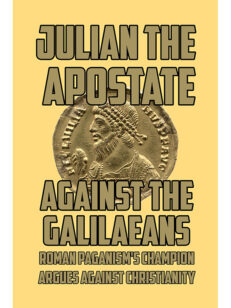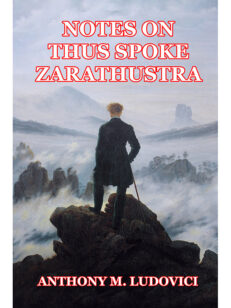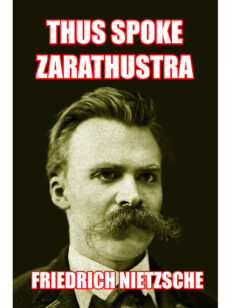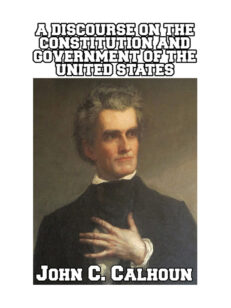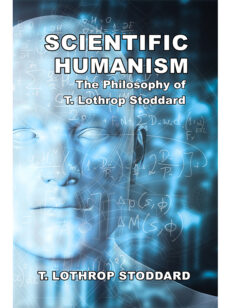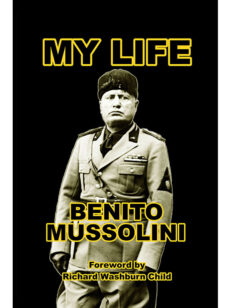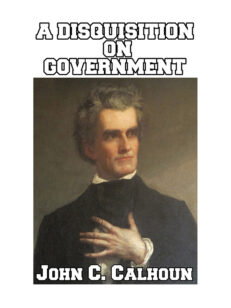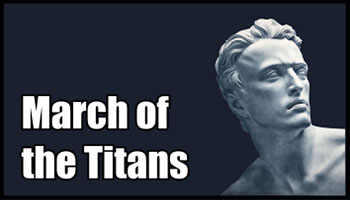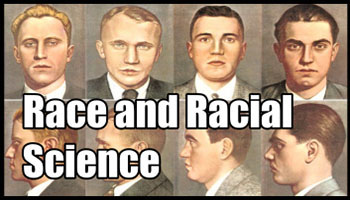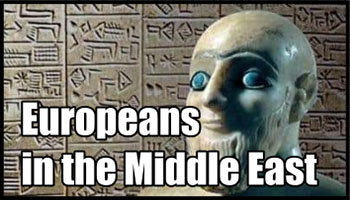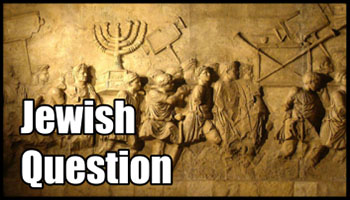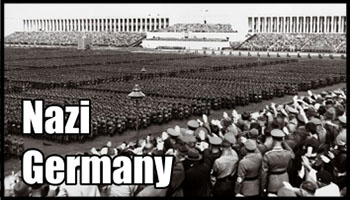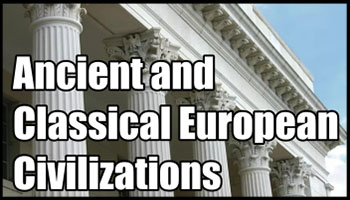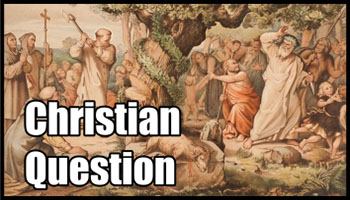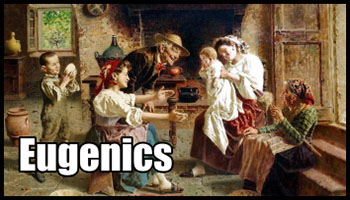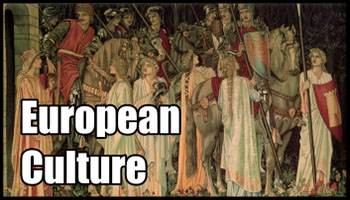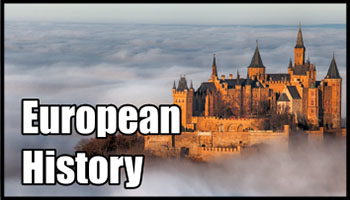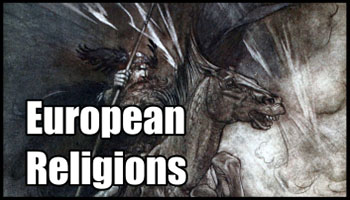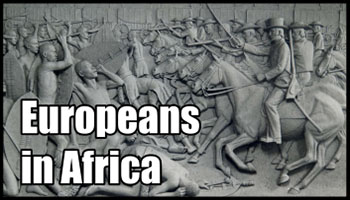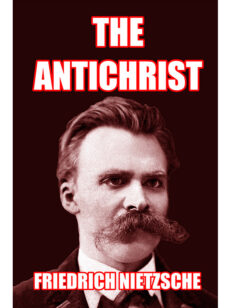Description
By Friedrich Nietzsche. Translated and introduced by H.L. Mencken. A new edition of the classic work by the renowned German philosopher which was so controversial when written that its publication was delayed for seven years. The work—an unbridled attack upon Christianity, remains as explosive as when first written.
This version was translated by the equally famous American scholar H.L. Mencken, and benefits from his superb introduction which provides a wealth of fascinating background detail and incisive commentary upon the book’s basic ideas.
Nietzsche’s prime argument against Christianity was based upon its core spiritual message, which he saw as universalist and destructive to his aim of achieving a higher man.
“Christianity,” Nietzsche writes, was “not ‘national,’ it was not based on race—it appealed to all the varieties of men disinherited by life, it had its allies everywhere. Christianity has the rancour of the sick at its very core—the instinct against the healthy, against health. The poisonous doctrine, ‘equal rights for all,’ has been propagated as a Christian principle: out of the secret nooks and crannies of bad instinct Christianity has waged a deadly war upon all feelings of reverence and distance between man and man, which is to say, upon the first prerequisite to every step upward, to every development of civilization—out of the ressentiment of the masses it has forged its chief weapons against us, against everything noble, joyous and high-spirited on earth, against our happiness on earth . . . And let us not underestimate the fatal influence that Christianity has had, even upon politics!”
Nietzsche also decisively identified Christianity as a Jewish invention, and describes it as “an evil-smelling mess of Jewish rabbinism and superstition . . . The whole disaster was only made possible by the fact that there already existed in the world a similar megalomania, allied to this one in race, to wit, the Jewish . . . The Christian is simply a Jew of the ‘reformed’ confession.”
The Jewish origins of Christianity remain a current theme throughout the book, and as a result, it contains many of Nietzsche’s most forthright comments on the Jewish Question: “The Jews are the most remarkable people in the history of the world, for when they were confronted with the question, to be or not to be, they chose, with perfectly unearthly deliberation, to be at any price: this price involved a radical falsification of all nature, of all naturalness, of all reality, of the whole inner world, as well as of the outer.
“They put themselves against all those conditions under which, hitherto, a people had been able to live, or had even been permitted to live; out of themselves they evolved an idea which stood in direct opposition to natural conditions—one by one they distorted religion, civilization, morality, history and psychology until each became a contradiction of its natural significance.
“We meet with the same phenomenon later on, in an incalculably exaggerated form, but only as a copy: the Christian church, put beside the “people of God,” shows a complete lack of any claim to originality. Precisely for this reason the Jews are the most fateful people in the history of the world: their influence has so falsified the reasoning of mankind in this matter that today the Christian can cherish anti-Semitism without realizing that it is no more than the final consequence of Judaism.
“The Christian, that ultima ratio of lying, is the Jew all over again—he is threefold the Jew . . .”
120 pages. Paperback.

